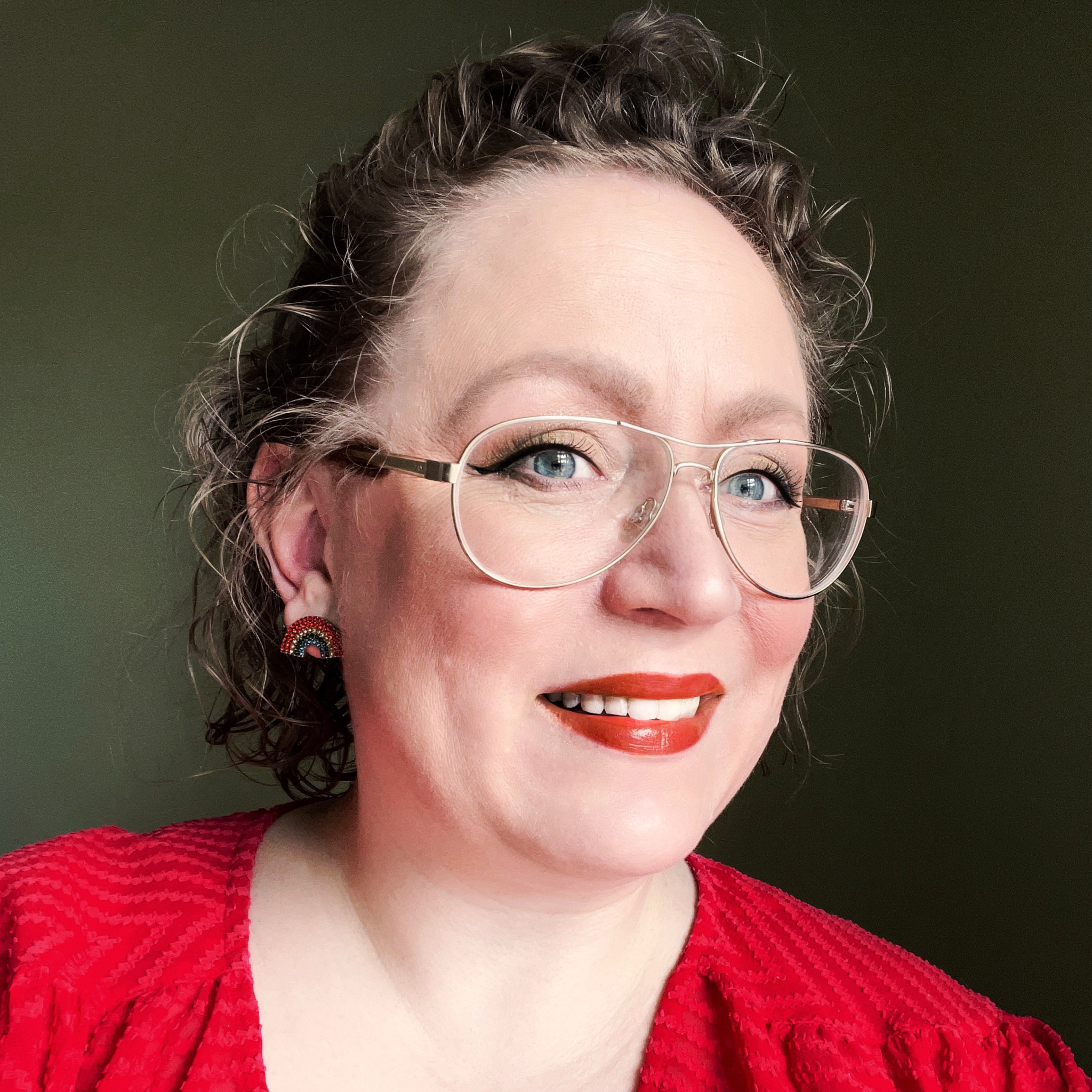The lost generation
What a delayed autism diagnosis can mean for quality of life
By Camilla Asra Engelby

A new study finds that people who learn they are autistic when they are younger may have a heightened quality of life and sense of well-being in adulthood.
A significant proportion of autistic adults today were not diagnosed until later in life, and this delayed diagnosis may affect the mental health of this group. This group is referred to as the lost generation.
The study found that those who learned of their autism as adults reported more positive emotions (especially relief) when first learning they were autistic.
Once finally diagnosed, autistic people feel more comfortable not conforming to neurotypical behavioural expectations. As for instance is evident from the higher proportion of autistics being non-binary.
Receiving an autism diagnosis plays a critical role in subsequent identity formation, this means that the journey to late diagnosis – rather than earlier in life – may have resulted in early identity formational experiences that were sub-optimal.
Navigating a new identity as part of a lost generation of autistics
For the lost generation understanding how to navigate a new autistic identity, including understanding the self and being understood by others following a late in life diagnosis, may be particularly stressful. For these reasons, autistic adults receiving a late diagnosis may have reduced quality of life.
Specifically, it seems that living without a diagnosis or with a misdiagnosis can contribute to anxiety and depression stemming from a lack of self-understanding that comes with an accurate diagnosis. Many autistics – especially women – are often diagnosed with a number of other mental health diagnoses prior to finally receiving their autism diagnosis.
Are the current diagnostic criteria fit for purpose? Could our generation have avoided being lost?
This is the first time, researchers has directly investigated whether learning if one is autistic at a younger age is associated with better adult outcomes.
Among the lost generation of autistics there’s an overwhelming majority of:
- Girls and women
- Ethnic/racial minorities
- People with limited resources
This begs the question; are the diagnostic criteria tailored to white, cis-males from robust homes? And is this why so many autistics who do not fall into this category fly under the radar?
Being properly diagnosed is empowering
Findings from this study suggest that telling a child that they are autistic at a younger age empowers them by providing access to support and a foundation for self-understanding that helps them thrive later in life.

As someone who grew up female in a dysfunctional and abusive family, I never fit the classic diagnostic profile (cis-male from a robust home). Nevertheless finally getting diagnosed at 42 – and now officially part of the lost generation – was certainly a relief, but it has also left me with a considerable amount of self work. So many years of damage that I have to undo. Learning to unmask in the knowledge that I’m not inherently wrong or weird, just different – a natural variation.
Am I angry? You bet I am.
I’m not going to lie, this angers me. A lot. The knowledge that my overall quality of life is lower due to scientific bias. I weep for the life I could have had, the person I could have been, the anguish I went through needlessly.
Taking into account the abuse I suffered growing up my lifespan is already likely to be shorter than average when looking at my Adverse Childhood Experiences (ACE) score. An ACE score is a tally of different types of abuse, neglect, and other hallmarks of a rough childhood. The higher the score, the higher the risk for later health problems. My ACE score of 8 is in the high end of the scale (0–10). You can take the ACE quiz here to get your score.
I vow to be fabulous
When you then factor in the the struggles I’ve had to endure living undiagnosed until being in my forties and subsequently suffering from depression and anxiety several times over as a direct consequence of being part of this lost generation of autistics I’m left with a feeling of being robbed of life.
Still, I’ve decided that I’m going to make the most of my time in this world and I’ve resolved to continue to grow and embrace my fabulous self. Simultaneously I’m also committed to end the stigma and stereotypes surrounding autism, so that future generations of autistics will have better quality of life through acceptance and inclusion.

Header image by Bruce Christianson/Unsplash
Animation of dancing and jumping person composed from images by lookstudio
Animation of glitter infinity symbol by me
Privacy statement | Cookie policy | Disclaimer | Imprint | Copyright Camilla Asra Engelby